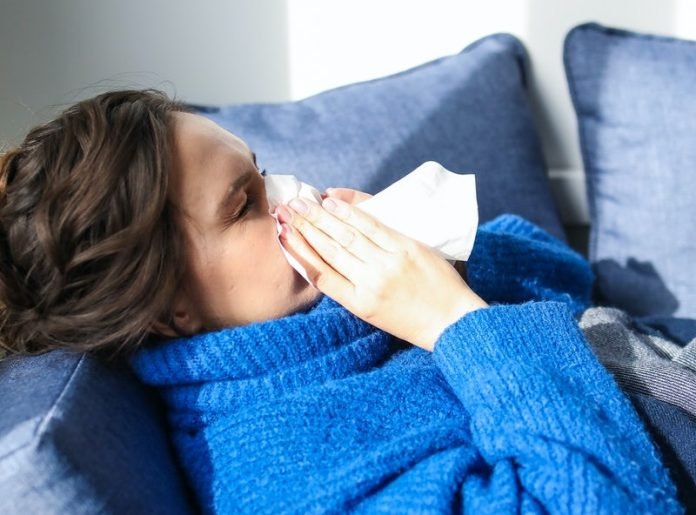
In a new study, researchers found that the vast majority of people infected with mild-to-moderate COVID-19 mount a robust antibody response that is relatively stable for at least five months.
Additionally, they found that this antibody response correlates with the body’s ability to neutralize (kill) SARS-CoV-2, the virus that causes COVID-19.
The research was conducted by a team at Mount Sinai.
Study findings are based on a dataset of 30,082 individuals, who were screened within the Mount Sinai Health System between March and October, 2020.
The antibody test used in this research—an enzyme-linked immunosorbent assay (ELISA)—is based on the virus’s telltale spike protein that contains the machinery that enables it to attach and gain entry into our cells.
The ELISA assay was developed, validated, and launched at Mount Sinai by a team of internationally renowned researchers and clinicians.
The Mount Sinai antibody test detects the presence or absence of antibodies to SARS-CoV-2 and, importantly, is capable of measuring the titer (level) of antibodies an individual has.
The high sensitivity and specificity of this test—meaning that a false negative or false positive is highly unlikely—allowed it to be among the first to receive emergency use authorization from New York State and the U.S. Food and Drug Administration.
In late March, Mount Sinai began to screen individuals for antibodies to SARS-CoV-2 in order to recruit volunteer donors for its convalescent plasma therapy program—one of the first such programs in the nation.
By early October, Mount Sinai had screened 72,401 individuals with a total of 30,082 being positive. They found the vast majority of positive individuals had moderate-to-high titers of anti-spike antibodies.
Another important and outstanding question in the scientific community is the longevity of the antibody response to the spike protein.
To answer that question, the team recalled 121 plasma donors at a variety of titer levels for repeat antibody testing at approximately 3 months and 5 months post-symptom onset.
They found that a moderate level of antibody is retained by most people 5 months after symptom-onset. In the higher titer range, they observed a slow decline in titer over time.
The Mount Sinai data reveals antibody binding titers to the spike protein correlate significantly with neutralization of SARS-CoV-2 and that the vast majority of individuals show neutralizing activity in their serum that are stable over a period of at least 3 months with only modest declines at the 5-month time point.
Correlates of protection have been established for many different viral infections including influenza, measles, hepatitis A, hepatitis B.
These correlates are usually based on a specific level of antibody acquired through vaccination or natural infection that significantly reduces the risk of reinfection.
The team will continue following this study cohort over longer intervals of time.
Although this cannot provide conclusive evidence that these antibody responses protect from reinfection, the team believes it is very likely that the antibodies will decrease the odds of getting reinfected and may attenuate disease in the case of breakthrough infection.
One author of the study is Florian Krammer, PhD, Professor of Vaccinology.
The study is published in Science.
Copyright © 2020 Knowridge Science Report. All rights reserved.



